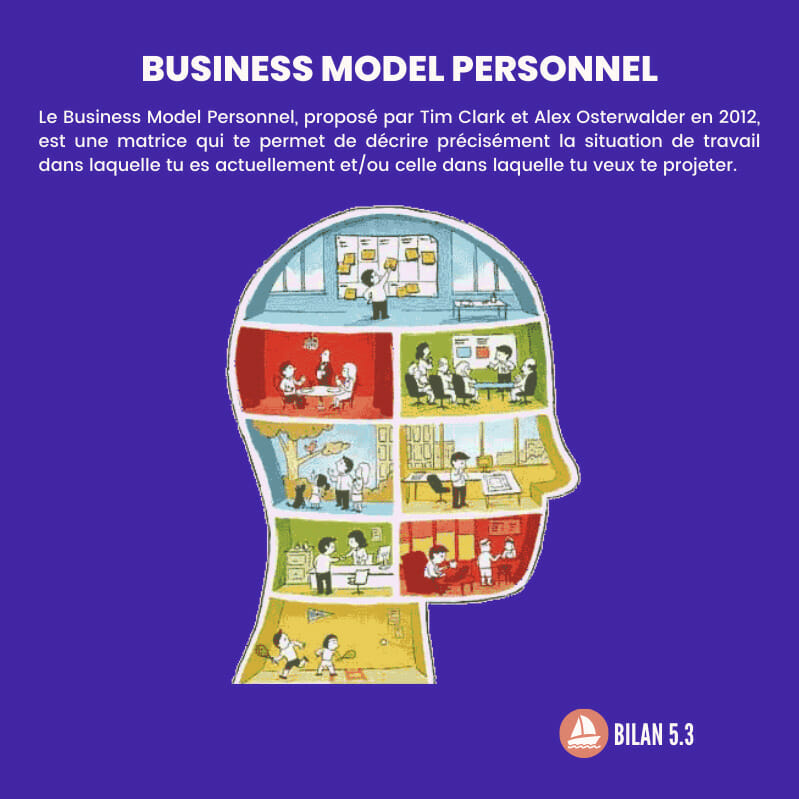Not understanding your baby’s cries can lead to dangerous actions.

- It is considered on average that a baby cries two hours a day in a completely normal way, especially during the first three months of life.
- To avoid upset, remember that your baby is trying to communicate with you to convey discomfort or emotion.
- Once you have made sure that you are calm yourself, take your child in your arms, try to think about his needs: is he hungry? Thirsty ? Is he tired? etc
One of the primary causes of Shaken Baby Syndrome is the parent’s or adult’s reaction to a baby’s crying. The person then loses all control and can really put the life of a very small child in danger by this type of ultra-violent gesture.
Crying is a normal part of child development
If the adult can lose patience and get angry with the crying of the baby, it is because he does not always understand that this is a normal phase of his development and that the baby uses them to communicate. .
It is also considered on average that a baby cries two hours a day in a completely normal way, especially during the first three months of life. He cries more often at the end of the day without this having a link with the behavior or the skills of the parents.
Some crying is also related to pain, when he is teething for example, when he has ear infections or colic. The higher the intensity, the greater his suffering in general.
How to behave when your baby cries?
Above all, to calm a crying child, you must yourself be in a calm emotional state in order to avoid any violent gesture, even involuntary. Once you have made sure that you are calm yourself, take your child in your arms, try to think about his needs: is he hungry? Thirsty ? Is he tired? Does he need to suck? Stimulus? Is something bothering him? Is it cold or hot? Is it painful?
If you notice nervousness rising in you, put him in his crib to go breathe in another room, drink a glass of water, go out for a few minutes to get some fresh air, kick or shout in a cushion or even cry if It’s necessary. Do not hesitate to call a loved one to take over and talk.
To avoid upset, remember that your baby is trying to communicate with you to convey discomfort or emotion. If you get upset, you may make the crying worse and lose sight of the message he is giving you.
Find out more: “Understanding my baby’s crying” by Laurie Daniel.















